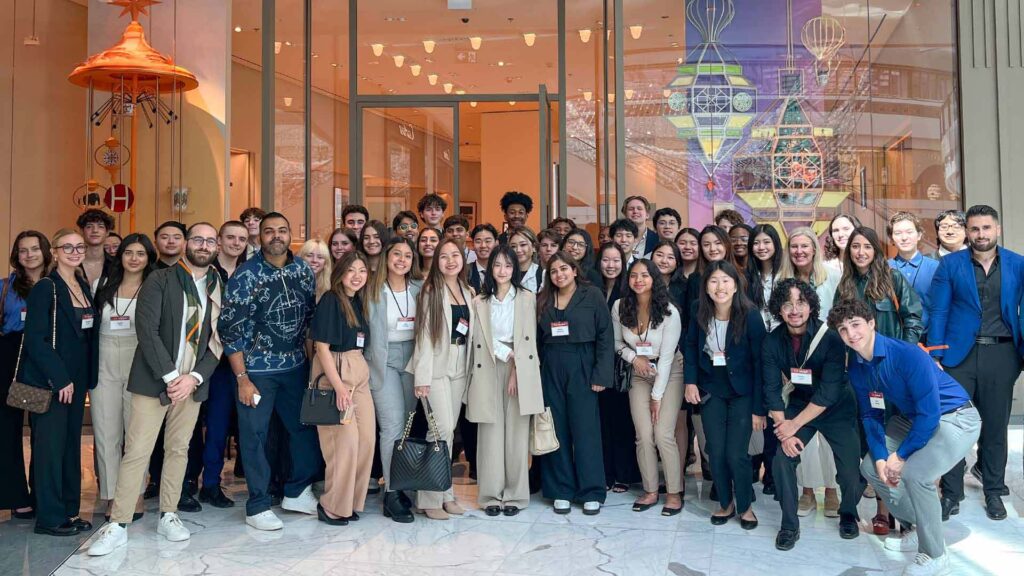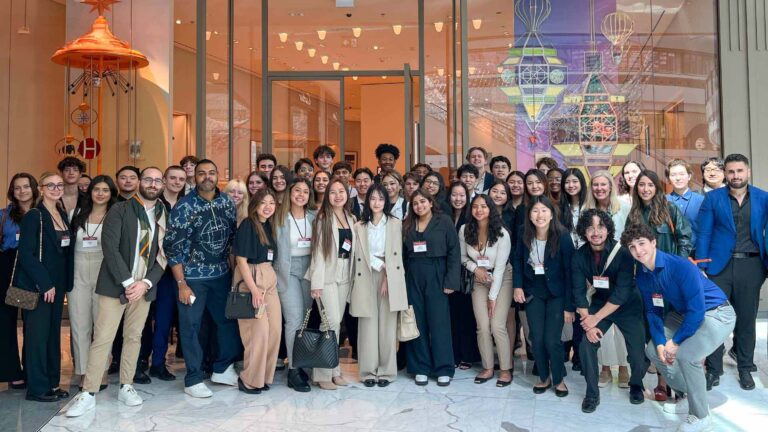Kindness as a habit, not just a random act!

Kindness is good for us!
How would you like to be healthier, happier, and younger at no cost? All you have to do…is be kind! Research has shown that kindness stimulates the production of the “happy chemicals” in our brains, leading to health and happiness. These “happy chemicals” are:
- SEROTONIN: Kindness releases serotonin, which heals your wounds, calms your mind and makes you happy.
- OXYTOCIN: Kindness stimulates the production of oxytocin, the “love hormone”. Oxytocin promotes social bonding, has a calming effect, increases trust and generosity, strengthens the immune system, reduces blood pressure and – get this – even boosts virility!
- ENDORPHINS: Engaging in acts of kindness produces endorphins, the brain’s natural painkiller! This is why volunteers tend to experience fewer aches and pains.
- DOPAMINE: When you are kind to another person, it triggers the brain’s pleasure and reward center that is responsible for dopamine-mediated euphoria. This phenomenon (called the “helper’s high”) leads to people feeling stronger and more energetic, feeling calmer and less depressed, with increased feelings of self-worth.
Perpetually kind people also have 23% less cortisol (the stress hormone) and age slower than the average population!
Wow – with all these benefits of kindness, why leave it to random chance? While we’re not opposed to random acts of kindness, we encourage making kindness an intentional habit!

Making kindness a habit
Dr John-Tyler Binfet of University of British Columbia suggests the following steps to make kindness an intentional habit:
- Create a recipient bank of people or organizations in need of receiving kindness or who would appreciate having something kind done for them.
- Plan the act: Who will you be kind to? How? When? Where? Will you do it anonymously? What might the recipient’s reaction be?
- Execute the act
- Reflect upon the kind acts you’ve done. In addition to perspective-taking and introspection, this reflection is shown to further increase your levels of happiness and gratitude
I know…some of you might be thinking if being kind because it is good for you will make you selfish. Actually, it is not. Research by Berkeley psychologist and founder of the Greater Good Science Centre, Dr. Dacher Keltner finds that we are hard-wired to be kind. So kindness to others is NOT selfishness…it is enlightened self-interest!
So go ahead and embrace kindness and make it a habit – it is not only good for others, it is also great for you!
As Aristotle would say: We are what we do repeatedly. Kindness, therefore, is not a random act but a habit!
Recent Blog

Top Destinations in Asia for International Business Study Abroad Programs
Discover top locations in Asia for international business study abroad programs that offer rich cultural experiences and invaluable opportunities for internships and networking.

Creating an Impactful and Relevant Curriculum for Business Study Abroad Programs
Discover how to design impactful and relevant curriculum for business study abroad programs that blend emerging business trends with practical experiences.

Building Strong Relationships with Providers: Post-RFP Best Practices
Uncover essential strategies for maintaining a productive relationship with your provider after the RFP process to ensure program success and future growth.

Evaluating RFP Responses: Choosing an Appropriate Program Provider
Explore how to evaluate RFP responses and choose the ideal study abroad provider by assessing key factors like design, cost, support, and reliability.





